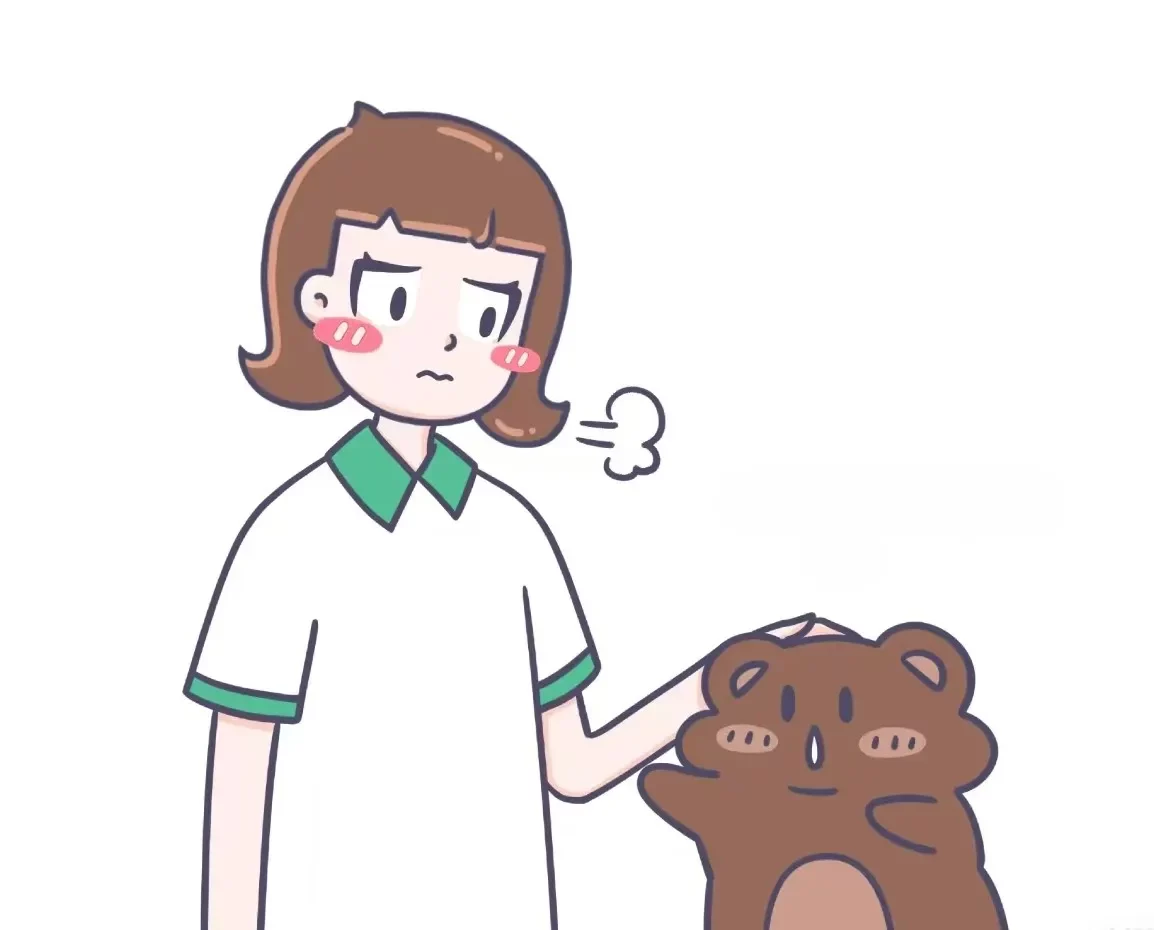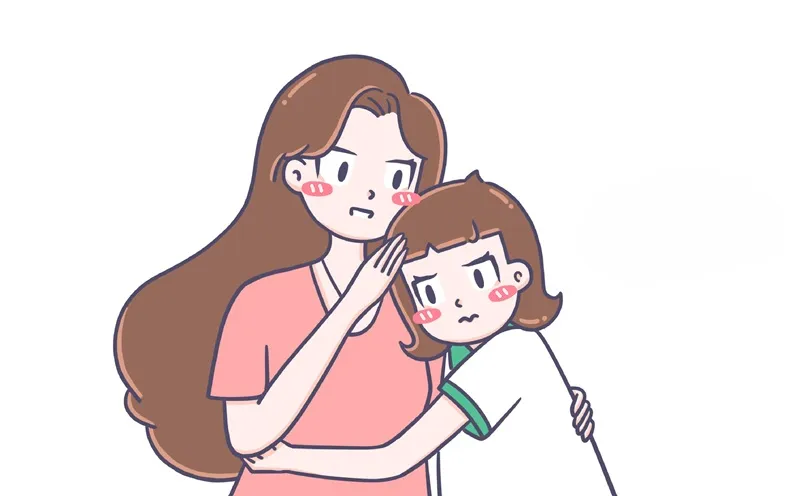Is your child suddenly moody, anxious, or just not themselves? Are you wondering why puberty seems to turn your sweet kid into a bundle of intense emotions? If you’re a mom, you’re not alone—emotional changes during puberty can be confusing for everyone. Let’s break down what’s happening, why it matters, and how you can help your tween or teen feel better as they deals with puberty.
Puberty Emotions: Why Are They So Intense?
Nearly 74% of adolescents experience significant depression or anxiety during puberty, and girls are more likely than boys to report these feelings. The emotional rollercoaster of puberty is real. Hormonal changes kick in, and suddenly your child’s emotions and mood can swing from happy to sad, anxious to excited, all in one afternoon. These mood swings are a normal part of growing up and a direct result of the hormonal fluctuations that come with adolescence.
- Hormones like estrogen and testosterone are the main drivers behind these changes. They don’t just affect physical changes during puberty—like breast development or the start of the menstrual cycle—but also trigger rapid emotional and mental changes.
- The adolescent brain is still developing, especially the parts that help with self-control and decision-making. This means emotions during puberty can feel overwhelming and hard to manage.
- Peer pressure, school stress, and a growing need for independence can make teens more self-conscious, anxious, or even sad.
For a full overview of puberty changes, including the physical and mental aspects, visit our Puberty Guide.

What Kinds of Emotional Changes Happen During Puberty?
Every teen is different, but here are some common emotional changes in puberty:
- Mood swings: One minute they’re laughing, the next they’re upset. It’s not just “being dramatic”—it’s their hormones at work.
- Increased anxiety: Worries about friends, school, or their changing body can make teens feel anxious or even trigger sadness.
- Self-esteem dips: Many tweens become self-conscious about body changes like breast growth or acne, and may compare themselves to peers.
- Desire for independence: Teens want more privacy and time with friends, which can sometimes lead to family conflicts.
- Feeling misunderstood: With all these changes, it’s easy for them to feel like no one “gets it”—not even you.
Why Do These Emotional Changes Happen?
Let’s keep it simple: it’s your hormones! The hormonal changes of puberty affect both the body and the brain, leading to heightened emotions and mood swings. The adolescent brain is still learning how to cope with these new feelings, which can make your tween or teen feel out of control at times.
On top of that, physical changes like breast development or the start of periods can make teens feel self-conscious or embarrassed. Social changes—like shifting friendships or school pressures—add another layer of stress.
How to Help Your Child Deal with Emotional Changes During Puberty

Supporting your child through the emotional changes of puberty doesn’t have to be complicated. Here’s what works:
- Keep communication open: Let your child know it’s normal to have intense emotions during puberty. Encourage them to talk about their feelings without judgment.
- Encourage healthy outlets: Suggest writing in a journal, drawing, or getting active. Exercise—even a walk—can help manage anxiety and mood swings.
- Prioritize sleep: Tween and teens need about 10 hours of sleep a night to help regulate their emotions and support better brain development.
- Model calm responses: When your child’s emotions are running high, stay calm and listen. This helps them feel safe and understood.
- Remind them they’re not alone: Share stories from your own teenage years, or let them know their friends are likely experiencing the same things.
For tips on supporting your daughter’s confidence as her body changes, check out our First Bra Guide.
When to Seek Extra Help
If your child is feeling sad, anxious, or angry most days for more than two weeks, or if emotional changes are affecting their schoolwork or relationships, it might be time to ask for help. Sometimes, puberty emotions can be a sign of depression or anxiety that needs extra support. You can always reach out to a doctor or counselor—there’s no shame in seeking help.
FAQs: Emotional Changes During Puberty
What are the common emotional changes during puberty?
During puberty, most teens experience a range of emotional changes during puberty that can be intense and confusing. Commonly, mood swings are a significant part of this period, where a teen might feel happy one moment and deeply sad or angry the next.
Are mood swings during puberty normal?
Yes! Mood swings are a natural part of puberty, caused by hormonal changes and brain development.
Are there specific signs of anxiety during puberty?
As teens undergo emotional changes in puberty, they may exhibit signs of anxiety. These can include increased worry about their appearance, social situations, or academic pressures. You might notice them becoming more self-conscious or withdrawn.
How long do puberty emotions last?
Emotional changes can last throughout the teenage years, but they won’t last forever. With support, most teens learn to manage their feelings as they mature.
What if my child feels sad all the time?
If sadness, anxiety, or anger lasts more than two weeks, talk to your child’s doctor. It’s important to understand that getting help when needed is crucial during this time.
How can moms help their teens deal with emotional changes during puberty?
Moms can play a crucial role in helping their teens deal with emotional changes during puberty. Open communication is key; encourage your teen to express their feelings without judgment. You might say things like, “I understand that you’re feeling a lot right now, and that’s okay.” This validates their feelings. Additionally, educating yourself about the hormonal changes and physical changes during puberty can equip you with the knowledge to guide your teen through their emotions. Remember, you’re not the only one going through this.
Puberty Emotions: You’re Not the Only One
Puberty affects every teen differently, but emotional changes are a normal part of growing up. As a mom, your support makes all the difference. Remind your child that these feelings won’t last forever, and that asking for help is a sign of strength—not weakness.
For more guidance, visit our Puberty Guide and explore Suyiyi’s comfortable, confidence-boosting bras for tweens—because feeling good in your body is a big part of feeling good inside.
